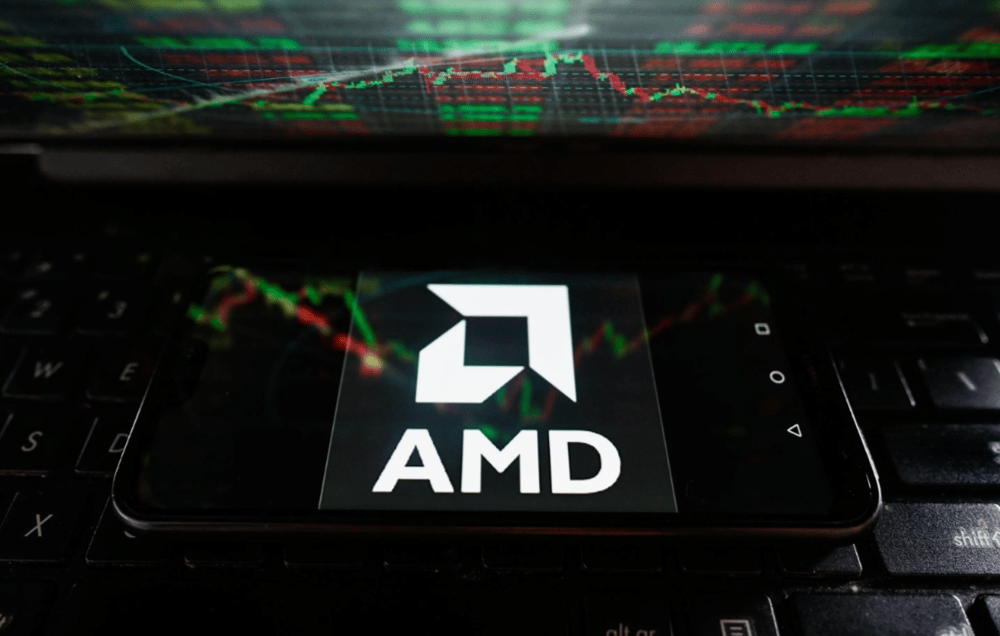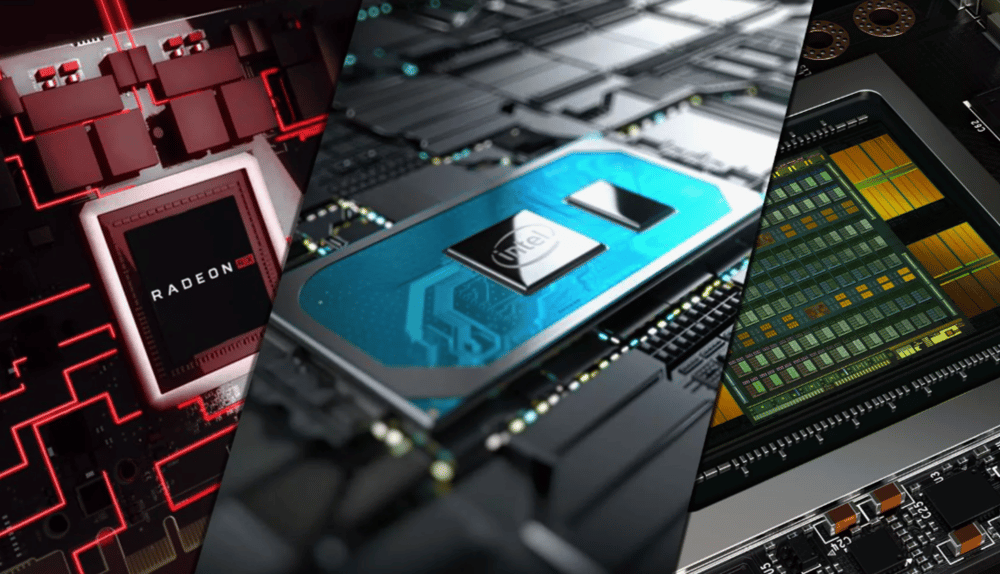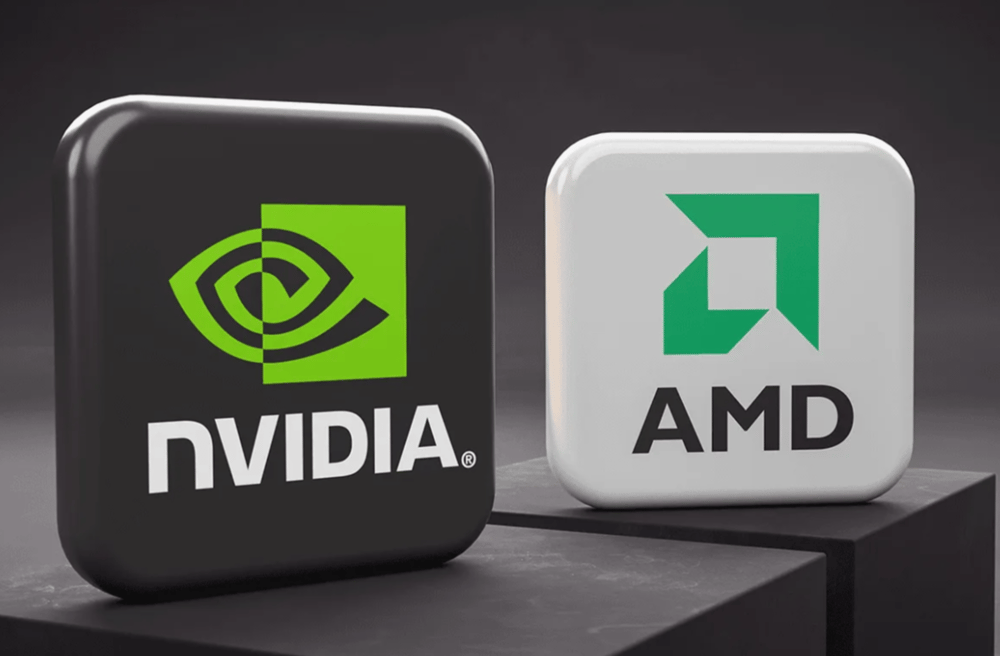Nvidia, AMD, and Qualcomm Seal Landmark AI Deals in Saudi Arabia Amid $600 Billion U.S.-Gulf Pact
A wave of major artificial intelligence (AI) agreements between top-tier American tech companies and Saudi Arabia has underscored the intensifying competition for global AI dominance. During a high-profile diplomatic visit to the Gulf, the U.S. administration unveiled a $600 billion framework aimed at bolstering American corporate interests in the region. Central to this initiative are ambitious AI-related deals between Nvidia $NVDA, Advanced Micro Devices $AMD, and Qualcomm Inc $QCOM with Humain, a newly launched Saudi AI startup backed by the nation’s sovereign wealth fund.
This suite of partnerships signals a strategic alignment between U.S. technology leadership and Saudi Arabia’s push to become a global powerhouse in artificial intelligence, aligning with the kingdom’s Vision 2030 diversification agenda.
Deepening Tech Ties Between Silicon Valley and Riyadh
The agreements represent more than just transactional deals—they reflect a growing trend of cross-border technology collaboration, particularly in high-performance computing, semiconductors, and AI infrastructure development. For U.S.-based firms, Saudi Arabia’s financial firepower and long-term policy vision offer both lucrative commercial opportunities and an accelerated route to scale.
Nvidia, the global leader in AI chips, will deliver 18,000 next-generation Blackwell GPUs to Humain in an initial tranche, part of a broader plan to supply hundreds of thousands of units to the region. AMD has committed to a $10 billion collaboration focused on compute resources and AI frameworks. Meanwhile, Qualcomm is stepping into the data center market through a memorandum of understanding with Humain to co-develop a high-performance central processing unit (CPU) specifically tailored for large-scale AI workloads.

Forces Driving the Strategic Partnership Boom
Saudi Capital Influx: Backed by the Public Investment Fund (PIF), Humain represents a well-financed platform for cutting-edge AI projects with global aspirations.
Vision 2030 Alignment: The deals are integral to Saudi Arabia’s national plan to diversify its economy away from oil and establish itself as a regional AI hub.
Tech Companies’ Market Expansion: For Nvidia, AMD, and Qualcomm, the Gulf presents an ideal market for deploying compute-intensive AI systems amid supply chain diversification.
U.S. Foreign Policy Backing: The $600 billion bilateral pact signals robust diplomatic support for U.S. companies entering Gulf markets.
First-Mover Advantage: These partnerships could offer early entry benefits in shaping AI infrastructure standards in the region.
Broadening the Strategic Footprint of U.S. AI Firms
For Nvidia, AMD, and Qualcomm, the Saudi deals open new strategic corridors in a global tech landscape increasingly fragmented by regulation, geopolitics, and national industrial policies. These firms are not just selling chips—they are embedding themselves in the region’s evolving digital infrastructure.

Key Objectives and Investment Areas
Deployment of Blackwell AI Chips (Nvidia) Nvidia's deal to provide 18,000 units in its first delivery is pivotal in establishing Saudi Arabia as a GPU-rich hub for AI training and inference.
$10 Billion Strategic Alliance (AMD) The AMD-Humain partnership will focus on integrating compute hardware with AI software stacks, supporting applications from cloud AI to edge deployment.
CPU Co-Development Initiative (Qualcomm) Qualcomm aims to accelerate the commercialization of its server-grade CPU assets, leveraging its 2021 acquisition of Nuvia to co-design processors optimized for next-gen data centers.
Regional AI Infrastructure Buildout These partnerships are expected to catalyze large-scale data center construction, supercomputing platforms, and sovereign AI ecosystems across the Gulf.
Public-Private R&D Collaboration Ongoing cooperation may lead to AI research institutes, workforce training centers, and co-branded technology parks as part of a wider innovation ecosystem.
Conclusion: U.S.-Saudi Tech Collaborations Usher in a New Era of AI Diplomacy
The high-profile AI partnerships between Nvidia, AMD, Qualcomm, and Humain illustrate a larger narrative unfolding at the intersection of technology, geopolitics, and investment. As national AI strategies evolve into global chessboards, the Gulf is emerging as a critical node in the next phase of technological globalization.
Saudi Arabia’s ambition to lead the AI revolution in the Middle East is now backed by some of the most advanced silicon in the world, supplied by the vanguard of U.S. innovation. For American tech companies, it marks a strategic bet on long-term AI infrastructure demand outside traditional Western markets—anchored in a region willing to invest billions for a seat at the global AI table.















Comments